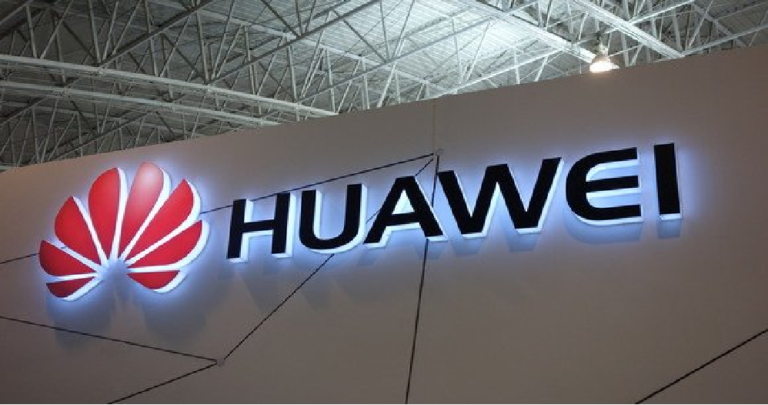
Huawei has lost another market in Europe as Orange and Proximus picked Nokia for the building of a 5G network in Belgium.
The development underscores another win for the United States that has been pressuring its allies, especially in Europe to sever ties with the Chinese firm.
The Chinese telecom giant has been responsible for several telecom network infrastructures in Belgium, heightening the concern of the authorities that engaging it for 5G deployment could pose some security problem.
Tekedia Mini-MBA edition 16 (Feb 10 – May 3, 2025) opens registrations; register today for early bird discounts.
Tekedia AI in Business Masterclass opens registrations here.
Join Tekedia Capital Syndicate and invest in Africa’s finest startups here.
Huawei became a victim of political conflict between the United States and China, and the telecom giant is gradually losing its lead in global 5G roll out to Finland’s Nokia and Sweden’s Ericsson.
Washington had alleged that Huawei’s 5G network could be used by the Chinese government to spy on Western countries, an allegation the company has repeatedly denied. However, the US government has intensified pressure on its allies recently, to boot out Huawei or risk being cut off from its intelligence sharing.
The Belgium capital Brussels is home to the European Union’s executive body and parliament, and therefore it is a center of interest to the US intelligence agencies.

“Belgium has been 100% reliant on Chinese vendors for its radio networks and people working at NATO and the EU were making mobile phone calls on these networks. The operators are sending a signal that it’s important to have access to safe networks,” said John Strand, an independent Danish telecom consultant.
Brussels’ importance to the European Union explains why it wasn’t difficult for Belgium to choose Nokia over Huawei. Other countries in Europe, including Germany are still contemplating their move on Huawei.
However, Huawei said on Friday that it accepted Orange and Proximus decisions as it portrays fair competition and diversification.
“This is the outcome of a tender organized by operators and the result of the free market. We embrace fair competition, the more diversified a supply chain the more competitive it becomes,” Huawei’s spokesman said.
The deal gives Nokia the chance to penetrate a market which has been dominated for 10 years by Huawei.
“I have tried to become RAN (radio access network) supplier to Orange Belgium since 2003 when the company was still Mobistar. Here we are, finally,” tweeted Tommi Uitto, president of Nokia Mobile Networks.
Orange and Primus said Ericsson would supply the core of their 5G networks, though it is an insignificant part of the deal.
The details of the contract were not made public but Nokia shares went up 3% following the announcement.
However, the deal signals that EU members are becoming more concerned about potential security risks Huawei will pose. With more countries in Europe getting uncomfortable with Beijing’s activities, including the persecution of Uighur Muslims and the annexation of Hong Kong, yielding to the US’ assertion on Huawei is becoming easier.
The UK’s decision to part ways with Huawei earlier has also set a trajectory that many other countries in Europe are likely going to toe.
Outside Europe, other countries are also weighing their choices amidst US pressure. Fueled by squabbles with China on many fronts, France and Canada were quick to part ways with Huawei, opening way for other companies, including Bell Canada, Telus Corp in Canada and BT in Britain to grab market shares.
As Huawei chances to lead 5G deployment wane in Europe and North America, hope lies for it in developing continents. But countries in Africa and South America are not ready for 5G roll out yet.



